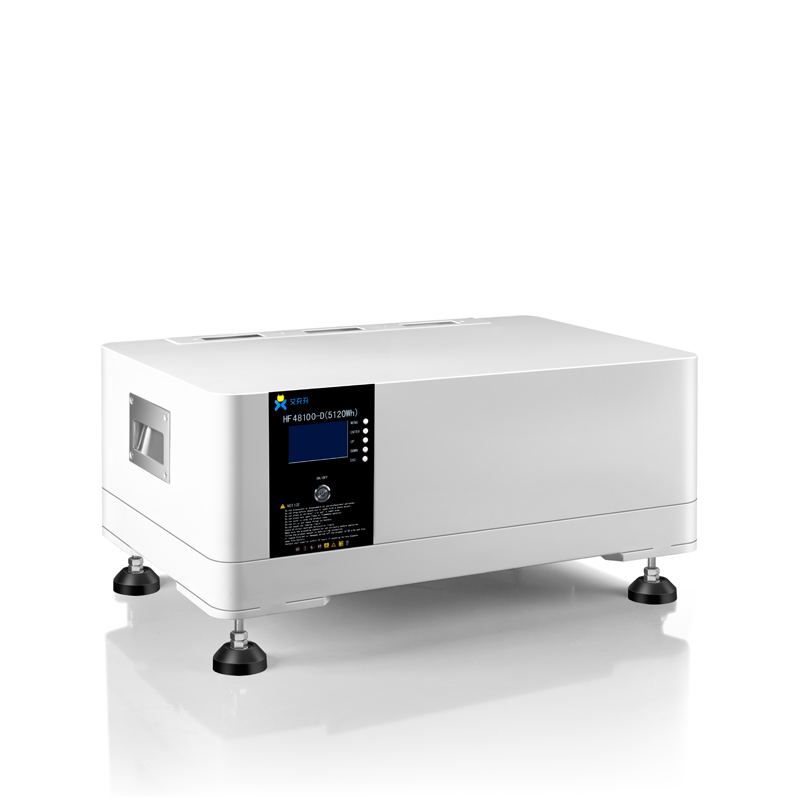
Apr . 18, 2024 12:25 Back to list
Battery Energy Storage Systems: Efficiency and Minimal Footprint
Battery Energy Storage Systems (BESS) consist of one or more batteries and can be used to balance the electric grid, provide backup power and improve grid stability.
Battery storage systems offer many benefits over traditional grid storage solutions, including:
- Greater flexibility
- Higher efficiency
- Lower Costs
- Greater scalability
A wide range of grid-scale BESS solutions are available, from containerized units to those installed in dedicated buildings. The solution is optimized to match the client’s generation capacity, available space and region.
A battery storage system can be charged by electricity generated from renewable energy, like wind and solar power.
Intelligent battery software uses algorithms to coordinate energy production and computerized control systems are used to decide when to store energy or to release it to the grid. Energy is released from the battery storage system during times of peak demand, keeping costs down and electricity flowing.
Lithium-ion batteries are still the most economically viable energy storage solution, however, there are a number of other technologies for battery storage currently being developed, and include:
- Compressed air energy storage: With these systems, generally located in large chambers, surplus power is used to compress air and then store it. When energy is needed, the compressed air is released and passes through an air turbine to generate electricity.

- Mechanical gravity energy storage: One example of this type of system is when energy is used to lift concrete blocks up a tower. When the energy is needed, the concrete blocks are lowered back down, generating electricity using the pull of gravity.
- Flow batteries: In these batteries, which are essentially rechargeable fuel cells, chemical energy is provided by two chemical components dissolved in liquids contained within the system and separated by a membrane.
Want to learn more? Tonex offers Fundamentals of Battery Energy Storage System (BESS), a 3-day course that covers a wide array of topics such as energy storage technology, energy storage system components, grid connection for utility-scale BESS projects, battery chemistry types and much more.
Fundamentals of Battery Energy Storage System (BESS) training should be suitable for engineers, managers, supervisors as well as professional and technical personnel.
For more information, questions, comments, contact us.
-
Wireless DC Charging: The Next Frontier in Contactless EV Power Delivery
NewsAug.04,2025
-
Hybrid BMS Energy Controls: Integrating Renewable Energy Sources
NewsAug.04,2025
-
Blockchain for Secure and Decentralized EMS Power Systems
NewsAug.04,2025
-
AI-Driven for Smart Grids: Energy Management System (EMS)
NewsAug.04,2025
-
Advanced Distribution Management System (ADMS) Energy
NewsAug.04,2025
-
5G-Enhanced BMS Energy Savings: Ultra-Low Latency Control
NewsAug.04,2025























